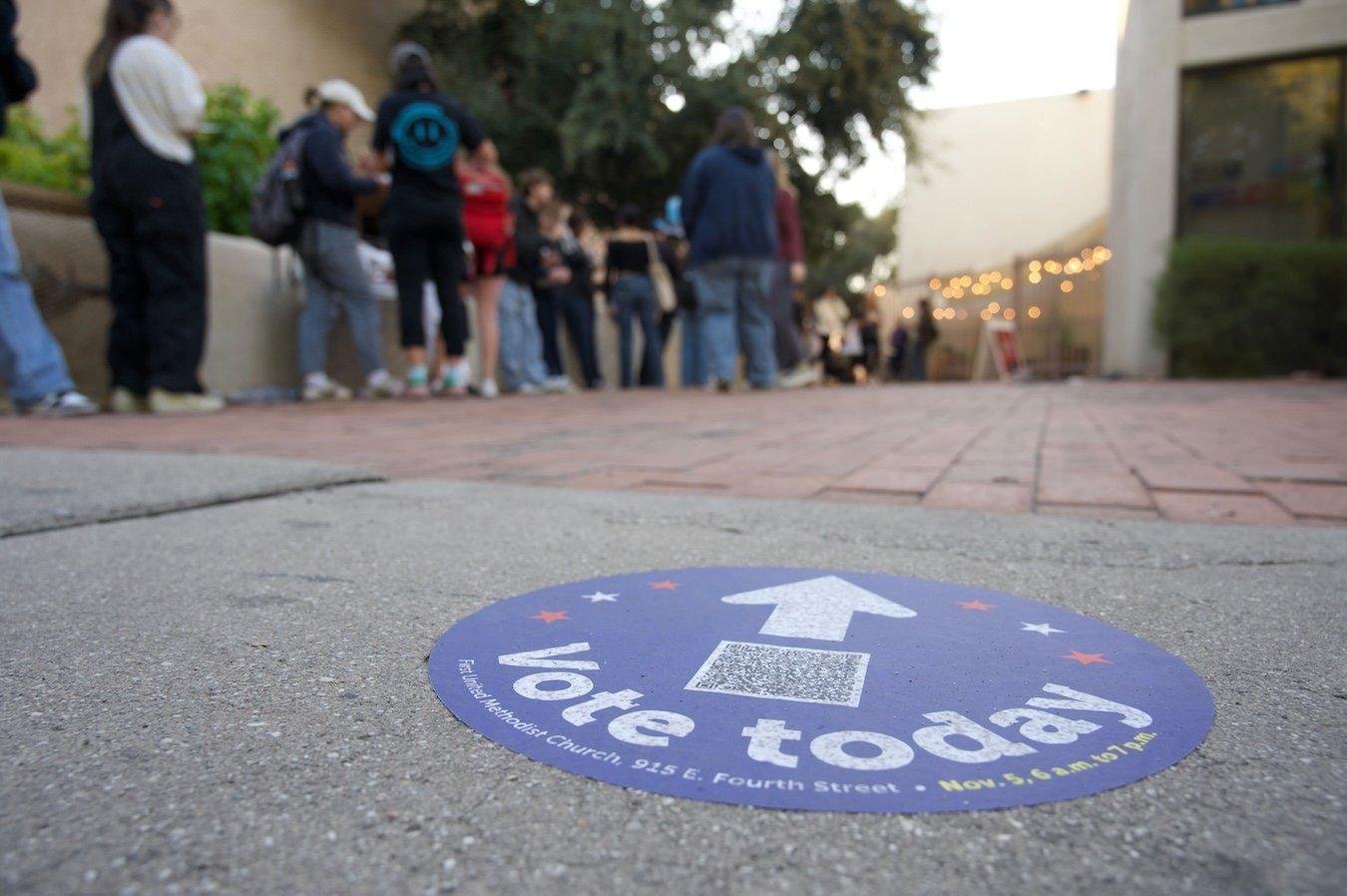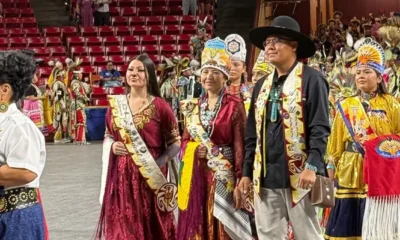arizona
States Craft Their Own Voting Rights Laws After Federal Act’s Erosion

As federal courts continue to undermine the Voting Rights Act, a coalition of states is stepping forward to establish their own grounds for protecting non-white voters, echoing the landmark law passed during the Civil Rights Movement.
Democratic lawmakers across several states including Alabama, Arizona, Colorado, Florida, Illinois, Maryland, and New Jersey are actively seeking to introduce legislation this session. These efforts aim to join seven other states that have already enacted similar measures in recent years.
However, the path to passing these bills remains fraught with challenges. A previous attempt to establish a Voting Rights Act in Michigan failed in the state House after gaining Senate approval last year. Current proposals in Democratic-led states face uncertainty, with concerns about potential legal ramifications.
In contrast, New York and Washington state have successfully navigated legal battles to uphold their voting rights acts over the past two years.
The original Voting Rights Act, signed in 1965, marked a pivotal moment in U.S. history. It emerged from decades of struggle where Black Americans and their allies risked their lives to secure the right to vote, confronting systemic violence and discrimination. Since its enactment, the Act has served as a powerful tool for courts and the Department of Justice to combat voter suppression efforts aimed at undermining non-white political representation.
Yet, over recent decades, federal courts, including the Supreme Court, have increasingly diminished these protections. A significant blow occurred in 2013 when the Supreme Court invalidated critical enforcement mechanisms, allowing jurisdictions with histories of discrimination to impose new voting restrictions without federal approval.
In response, some state lawmakers are determined to take matters into their own hands. “You can’t rely on the federal government to do the right thing,” stated Maryland State Senator Charles Sydnor III, who is sponsoring the Maryland Voting Rights Act. The measure aims to ensure equitable representation for racial minorities within county and municipal districts. Sydnor, motivated by concerns over the erosion of Black voting power in Baltimore County, emphasized the need for fair representation.
The proposed Maryland legislation would empower the state attorney general or voters to challenge local voting districts that dilute minority representation. If upheld by the courts, local jurisdictions may be required to redraw district boundaries or adjust voting processes.
This marks the fourth iteration of Sydnor’s proposal, which has evolved over time. Previous drafts included more stringent requirements, such as preclearance from the state attorney general before localities could alter electoral procedures. This current proposal progressed without Republican support in the Senate, with some expressing concerns that its provisions could negatively affect rural constituents.
State-level Voting Rights Acts vary in scope and intention but generally aim to restore protections previously encapsulated in the federal statute. Sylvia Albert, a democracy policy counsel at Common Cause, stressed the urgency of state action given the federal government’s retreat from safeguarding voting rights.
More than six decades after its initial passage, the Voting Rights Act remains under significant threat. The Supreme Court has issued rulings that have substantially weakened its core provisions, with landmark decisions such as Shelby County v. Holder dismantling critical preclearance mandates for jurisdictions with histories of racial discrimination.
Recent cases continue to challenge the integrity of the law. For instance, a lower court recently compelled Louisiana to redraw its congressional map to create a majority-Black district. However, opposition from some residents has sparked further legal disputes that could further jeopardize the Voting Rights Act.
“Voter suppression in Louisiana is like putting a boot on the neck of Black voters,” emphasized Alanah Odoms, executive director of the ACLU of Louisiana, highlighting the urgent need for restoration of fair voting practices.
State legislators acknowledge the limitations of their proposed laws, especially in regions resistant to such reforms. Nicholas Stephanopoulos, a Harvard Law School professor, noted the challenge of passing meaningful reforms in the South, where the Voting Rights Act initially aimed to integrate minority voters into the political landscape.
In Colorado, where voting rights are generally robust, Senator Julie Gonzales is advocating for a more comprehensive Voting Rights Act that seeks to address existing racial disparities in electoral participation. Her proposed measure aims to prevent districts from diluting minority political representation and enhance legal avenues for addressing voter suppression.
Gonzales expressed optimism among her colleagues about enacting the legislation this year, emphasizing the necessity of proactive measures in response to the ongoing erosion of voting rights protections.


















